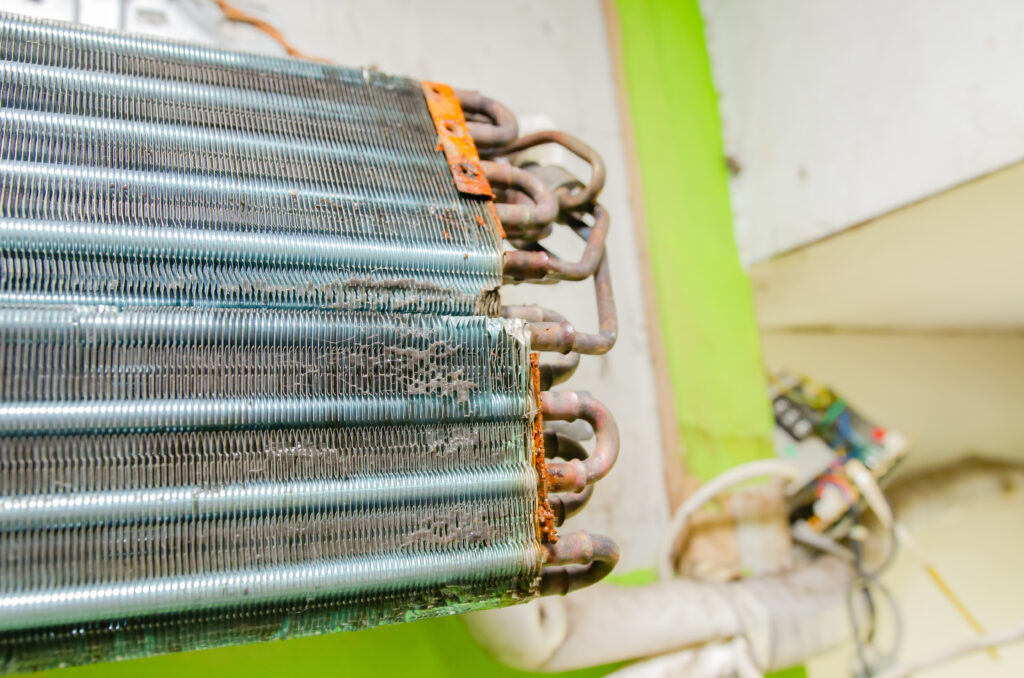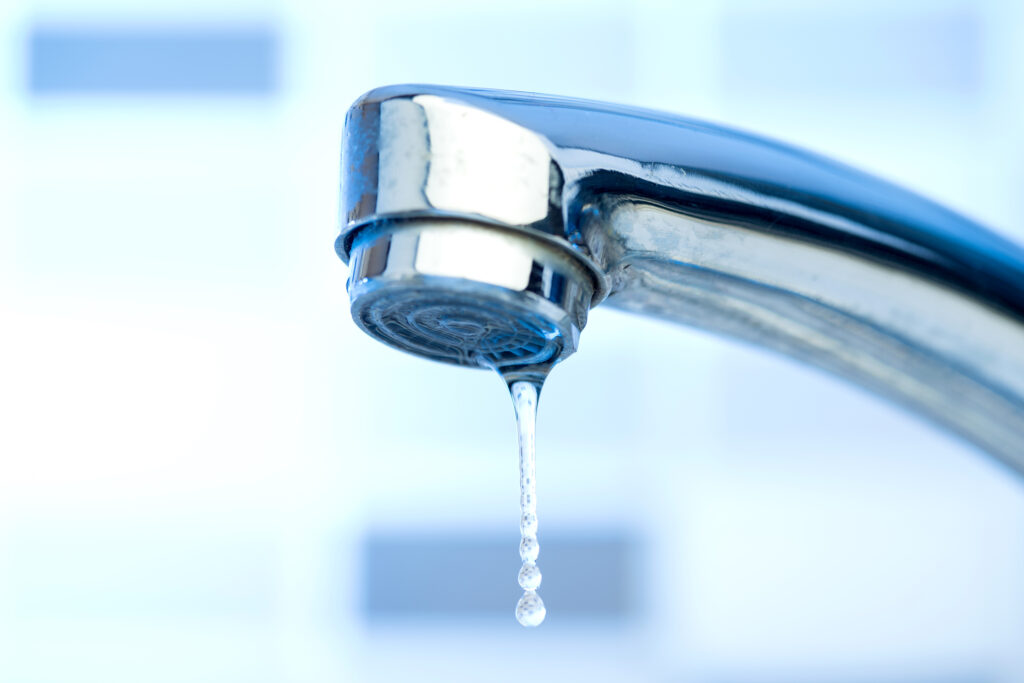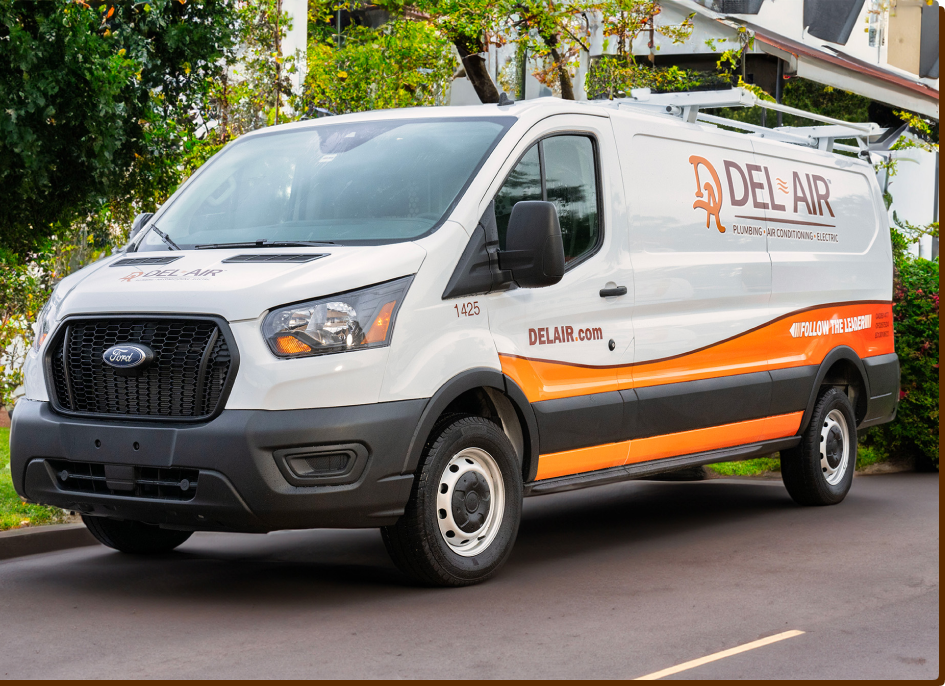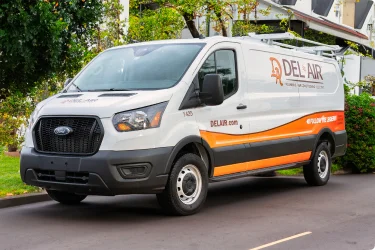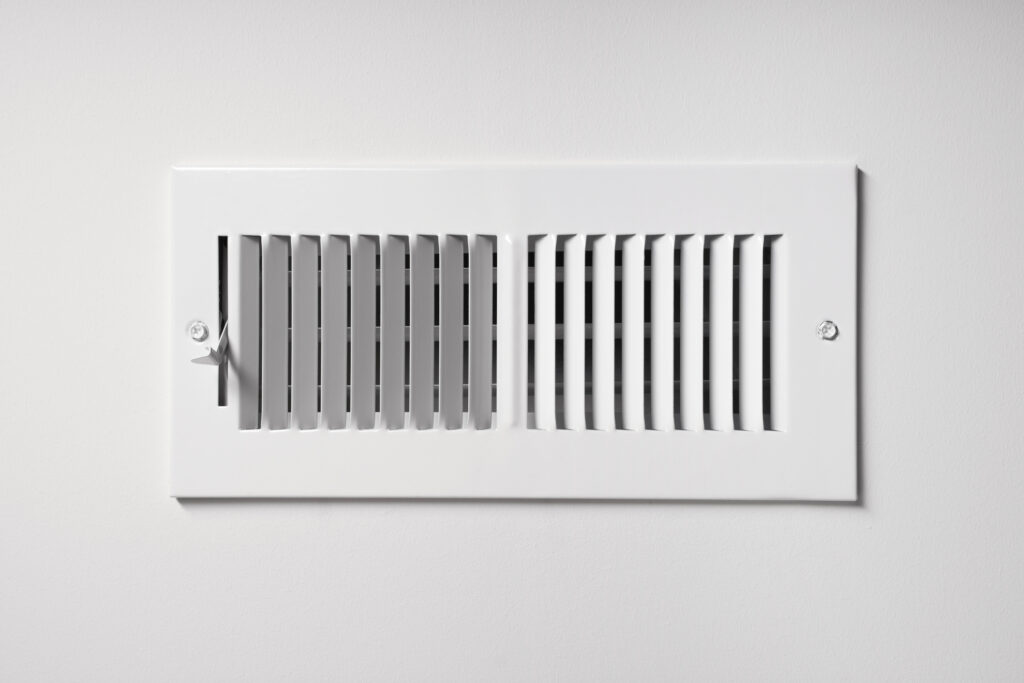
Many homeowners mistakenly assume that closing air vents in unused rooms will minimize energy expenses by redirecting warm air to spaces where it’s needed most. It seems like a logical assumption — after all, why heat a room that isn’t being used? Unfortunately, this common “energy-saving” tip can backfire, leading to higher energy bills.
In this blog post, the comfort specialists at Del-Air Plumbing, Air Conditioning, Electric explain why you shouldn’t close your air vents when your heater is on.
Why Closing Vents Is Bad for Your Heater & Your Home
Closing vents might seem harmless, but it can negatively impact your HVAC system’s performance and longevity. Here are some reasons why:
- Poor airflow: Your heating system is designed to distribute air throughout your home based on the number of vents it’s connected to. When you close vents, you disrupt this airflow, causing uneven heating in your home.
- Increased pressure: When vents are closed, air pressure increases in your ductwork. This increased pressure can lead to air leaks as the excess pressure forces air out of cracks and seams in your ducts, leading to higher energy costs.
- Reduced efficiency: Your heating system uses fans to push warm air through the ductwork. When vents are closed, the system works harder than necessary to push air, consuming more energy and costing you more in utility bills.
- Potential damage: Over time, the strain caused by increased pressure and restricted airflow can lead to wear and tear on the components of your heating system, which could require costly repairs or even shorten its lifespan.
Common Misconceptions About Closing Vents
Some common misconceptions about closing vents include money savings and energy conservation. While it’s easy to assume that heating fewer rooms will lower your heating bill, the opposite is often true. When you close vents, the heater still produces the same amount of warm air, but it’s under more strain to push that air through fewer vents, resulting in higher energy consumption and increased wear.
Unfortunately, less heated rooms don’t translate to lower energy bills. Heating systems are calibrated to provide consistent heating throughout your home, and they don’t adapt to closed vents by producing less heat. So, closing vents doesn’t reduce the energy your system uses — it simply creates inefficiencies.
Best Practices for Efficient Heating Without Closing Vents
If you’re seeking ways to save on heating expenses without risking your HVAC system’s health, here are some effective strategies to employee:
- Install a smart thermostat: Smart thermostats allow you to create a heating schedule that matches your lifestyle, ensuring rooms are only heated when necessary.
- Consider a zoning system: If you have frequently unoccupied rooms, consider installing a zoning system to control the temperature in different parts of your home independently.
- Schedule regular HVAC maintenance: Routine maintenance ensures your HVAC system runs efficiently and catches minor issues before they become significant problems.
Protect Your HVAC System With Del-Air’s Professional Services
While it might seem that closing air vents will reduce heating costs, it has the opposite effect. The best way to improve energy efficiency and save money is by following proven best practices, like investing in a smart thermostat, exploring zoning options, and scheduling regular maintenance.
Del-Air offers the comprehensive comfort solutions you need to maximize energy efficiency and comfort on the coldest days of the year. From smart thermostat installations to routine HVAC maintenance, we have everything you need to keep warm and cozy when it counts.
Book HVAC maintenance with Del-Air by contacting our team today!


